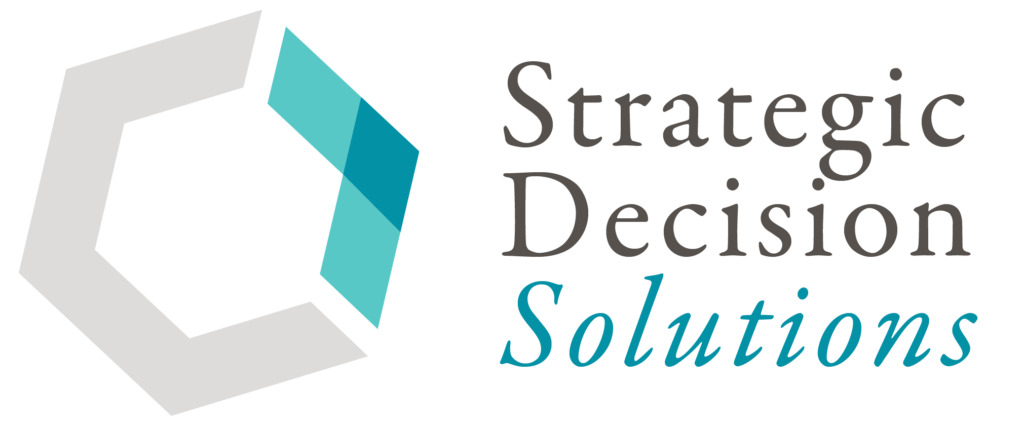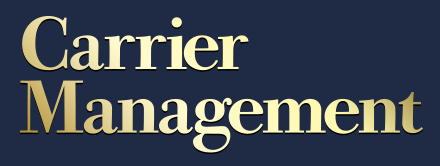In the majority of cases, industry or subject-matter knowledge or experience is a critical component to realizing a successful outcome.
While the following ad campaign from Holiday Inn Express greeted us on our own TVs for years, no one in their right mind would want to go under the knife with someone who possesses no experience as a surgeon.
However, not all circumstances require someone with industry knowledge…
There are situations where it can be a drawback. A conversation and subsequent client project brought this to the forefront when it comes to ERM.
In this case, the client was very insistent on only wanting someone with industry knowledge for their ERM projects. The client felt that someone like this would be able to provide the best advice.
This seems sensible, right?
This request meant we had to find someone with both the necessary ERM experience and industry-specific knowledge the client was looking for, make sure they were a good fit for the engagement and our team, and then onboard that person, which we were able to do.
After a while, during the engagement, the client reversed course, realizing the industry-specific knowledge was not necessary after all. In fact, we both learned through this experience that relying on someone with such extensive industry knowledge created decision-making biases and constraints in the advice that was being provided. It’s not that industry knowledge is bad on its own, but as explained in the book Decision Quality: Value Creation from Better Business Decisions:
“Personality preferences and habits of mind are not problematic in themselves. The negative impact comes when these biases lead us to approach a decision as we see it rather than as it is.”
Does this experience mean that industry knowledge is automatically a bad thing?
The answer is no for a couple of reasons…
First, we don’t want to give the impression that someone with industry knowledge should automatically be rejected. While many industries can be learned pretty quickly (at least at a high level), what is preferable is to have cross-industry knowledge.
Essentially, you want someone who understands ERM practices in other industries and how they stack up against what the company is doing. For example, if practices are lagging where the company should be, regardless of industry, the practitioner will be able to help the company get up to speed.
Of course, an industry benchmark is just that, a benchmark. How ERM should be approached really goes back to the needs of the company and culture.
The other reason some industry knowledge can be good is because it enables the practitioner to know the right lingo or terminology to use with the business.
As risk professionals, we may know the meaning of phrases like risk appetite and tolerance. However, if we go to the business and throw around five dollar words like that, ERM’s reputation will undoubtedly suffer. A little industry knowledge will help ensure ERM practitioners are able to speak in a way that the business can clearly understand and relate to, plus it will save time when terminology doesn’t have to be explained for activities that are well-known within the industry.
While knowledge and experience about a particular industry can be good for these reasons and more, these are typically things that can be learned relatively easily (in my opinion). Of course, there are elements and nuances that take years to learn, so that you have both breadth and depth of industry knowledge.
The lesson learned – industry knowledge should not be the ONLY consideration when hiring a full-time employee or a consultant.
As discussed in this previous article on the personas of an effective ERM professional, it’s not as much about industry knowledge as it is about having certain qualities.
One of these qualities is a willingness to get out of your comfort zone, or to have what is called a growth mindset. In this case, any industry knowledge can be learned as needed.
Besides a growth mindset, potential consultants or practitioners also should have a specific type of ERM experience over and beyond general risk management experience.
As we discuss often, a simple ‘list-based’ approach to risk will not be effective. If the person’s experience and knowledge is more rooted in this approach, they will not be able to add much value beyond documentation, which surveys indicate is a common complaint about ERM.
The type of ERM experience is important here…
Performance-based, or objective-centric ERM as it’s called by veteran practitioners like Tim Leech, means that risks are connected to a particular business or strategic objective.
This connection enables management to fully grasp the significance of a given risk and ultimately make informed decisions on where to focus their efforts.
While having someone who knows the industry and specific attributes about the company can be valuable, learning the nuances about ERM and how it fits with the organization is much harder.
One of the main reasons this is the case is that effective ERM is not dependent on adhering to a particular standard, but is instead dependent on internal factors like culture and goals. In other words, ERM is not one-size-fits-all.
This may be simple to understand but it is not easy.
In my personal story, understanding the property & casualty insurance industry was relatively easy. However, it has taken years to understand how to harness ERM in a way that enables informed decision-making and increased confidence in success, as well as know all the levers to pull in just the right manner based on a company’s needs, culture, and leadership.
Therefore, when faced with a choice between industry knowledge or ERM experience, choosing someone with the latter is much preferable in most cases. (A bonus of having Strategic Decision Solutions as your chosen ERM consulting firm – we bring deep ERM knowledge and cross-industry knowledge.)
With that understanding, and according to my personal experience, industry knowledge is not a prerequisite for effective ERM practices.
Being able to apply ERM principles regardless of the given situation is a much more valuable skill to seek out.
When searching for ERM talent, what has your company valued more – industry knowledge or ERM experience?
How did this ultimately impact the effectiveness of ERM in your organization?
To share your thoughts and experiences on this topic, please don’t hesitate to join the conversation on LinkedIn.
And if your company is struggling to find the right talent for harnessing ERM in an effective way, please feel free to reach out to discuss you company’s goals and potential avenues for reaching them today!







